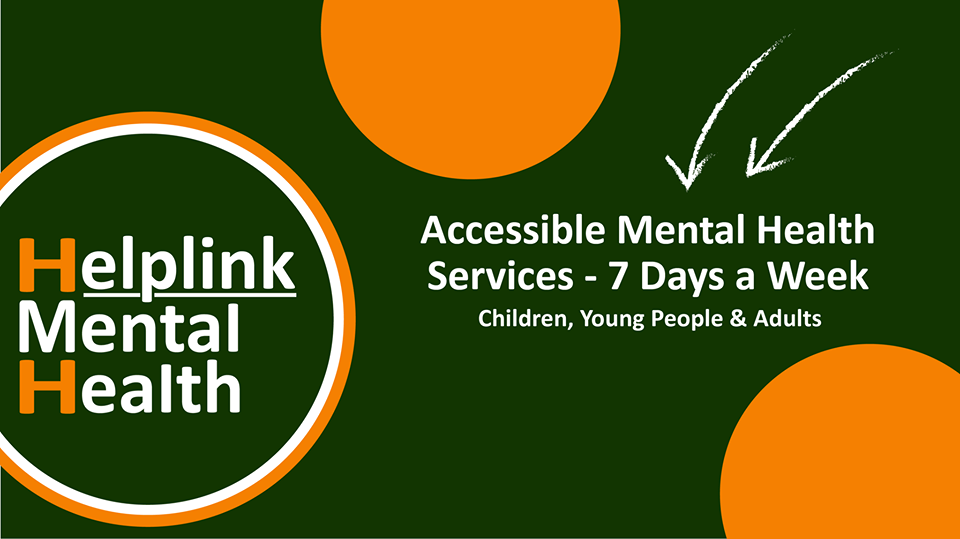-
 Mind How You Go - Youth€200.00
Mind How You Go - Youth€200.00 -
 The Voyage - €200€200.00
The Voyage - €200€200.00
Intergenerational Trauma
Intergenerational trauma refers to the transmission of the psychological and emotional effects of trauma from one generation to the next. It occurs when individuals who have experienced significant trauma, such as war, genocide, or abuse, pass on the consequences of that trauma to their children and subsequent generations.
The effects of trauma can be deeply ingrained and may manifest in various ways, including behavioral patterns, emotional responses, and even physical health issues. The transmission of trauma can occur through direct means, such as parents recounting their traumatic experiences or displaying symptoms of trauma themselves. It can also be transmitted indirectly through family dynamics, cultural beliefs, and societal factors that perpetuate the effects of trauma.
The mechanisms behind intergenerational trauma are complex and can involve biological, psychological, and social factors. For example, studies have shown that trauma can cause changes in gene expression, potentially affecting the stress response and mental health of future generations. Additionally, children of traumatised individuals may learn maladaptive coping strategies or experience disrupted attachment patterns, which contribute to the intergenerational transfer of trauma.
Recognising and understanding intergenerational trauma is crucial for addressing the ongoing impact it has on individuals, families, and communities. By acknowledging the historical and familial context of trauma, and providing appropriate support and resources, it is possible to break the cycle and promote healing and resilience across generations.




